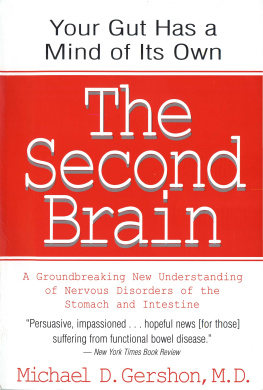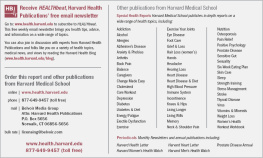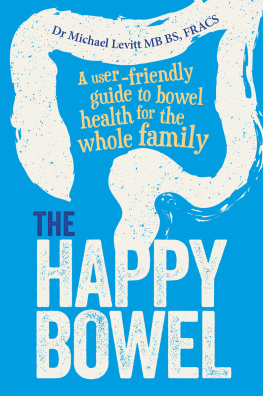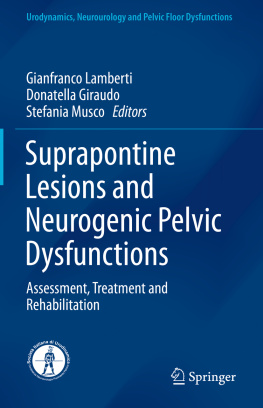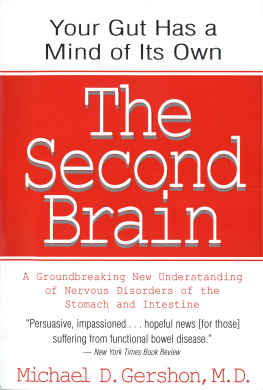W HEN I WAS YOUNG I used to imagine that authors of books were intrepid souls who worked long hours, alone, as their work flowed smoothly from pen to page. Although I admired the putative writers that I conjured up, I never hoped to emulate one. I knew my limitations. The ability to work alone on anything significant was not my strong suit. If authorship meant the single-handed production of a finished volume, I realized that I would not be destined to produce books. I need to interact. Feedback and help from compatriots, therefore, are for me, necessary for success. Fortunately, my immature musing about the creative process turned out to be incorrect. Books do not have to be written in absolute solitude. It is possible to obtain help and, if one is as lucky as I have been, it is possible to find gracious and talented people who are willing to provide assistance. In short, I wrote this book, but not without aid when I critically needed it. I would thus like to take this opportunity to express my gratitude and dedicate this book to those individuals whose efforts on my behalf made it possible to get it written.
First, I would like to thank my wife, Anne Gershon, for her willingness to provide frank and sometimes painful criticism. She never tired of listening to me babble on about my ideas, and she was always willing to read and referee whatever I wrote. Above all, I cannot even begin to list the number of concepts that she added to the text, because they are too numerous to remember. These valuable and sometimes critical additions were always offered delicately as suggestions for me to consider. Finally, whether or not authors are intrepid, their wives have to be. Loneliness, as I have said, does not have to be the fate of a writer, but it does seem to be the fate of the writers wife. Long hours are involved in the creative process and these hours are time taken away from the joyous pursuit of life together, which is the essence of a successful marriage. Not only, therefore, do I wish to thank Anne for her help, I also want to apologize to her in this very public place for hibernating as I have while writing; mea culpa.
Second, I will, for the rest of my days, be grateful to my editor, Nellie Sabin. Nellie acted as literary arbiter, grammarian, and psychotherapist. She kept me going when I thought all would be lost, and she helped me know when I began to write in English instead of in Science. The rapidity and professionalism Nellie brought to her work never failed to astonish me. Her cheerfulness and willingness to listen to me rant were equally amazing. Nellie clearly made it possible for me to write this book; I could not have done it without her.
Third, there are many additional individuals whose assistance allowed me to write a book. My agents, Herb and Nancy Katz, for example, convinced me to do it in the first place. They, and they alone, were responsible for prodding and enticing me sufficiently to overcome an initial period of massive resistance to the idea. Nancy and Herb had faith in me even before I had faith in myself. They were also invaluable as critics and taskmasters, seeing to it that the work was completed in good time; moreover, I am thoroughly indebted to Nancy and Herb for effectively insulating me from the business of authorship and allowing me to concentrate instead on its creative aspects. My executive editor, Larry Ashmead, and editors Jason Kaufman and Allison McCabe, all of HarperCollins deserve to be acknowledged for their bravery in being willing to engage a writer whose previous published output consisted entirely of technical articles (and grant applications) written for the most specialized of audiences. Their vision, that a wider and non-specialized audience (the public) needs to learn about the second brain, and their willingness to make it possible for this audience to do so is every bit as commendable as their bravery. I would like to thank my colleague, Michael Camillieri of Mayo Foundation, for providing me with an impromptu lecture (during a meeting of the council of the American Gastroenterological Association) on functional bowel disease and for patiently explaining the Rome criteria for diagnosing that illness. Finally, I would like to express my appreciation to my secretary, Helena Leiter, who ceaselessly monitored my peripatetic wandering all over the globe. No matter how remote the destination, or how exotic the scientific meeting, Helena was able to get me there and back, and to enable people who had to reach me to do so.
My last words in this section are another apology. These are directed to my co-workers, both in the Department of Anatomy and Cell Biology at Columbia, and in my laboratory. I am sorry for my long absence from their lives. I would like to tell them what Evita said to Argentina, I never left you. I have now completed a book that I hope will bring new hope and knowledge to many who need both. The writing of it, however, is over and I am back. I promise once again to devote myself to research, education, and administration (in that order). After all, no matter what I have said about the second brain, there is still much more to tell, and I have to try to learn what that is.
H UMANS ARE A self-centered bunch. Evolutionor if one is a fundamentalist, creationis viewed as a story with a happy ending. The process is seen as having culminated in the production of the ultimate species, the only one that reflects the image of God. Because we see ourselves as special, whatever detracts from the centrality of the human condition is inevitably viewed with suspicion, if not outright hostility. Copernicus and Galileo did not receive the plaudits of their contemporaries when they suggested that the sun, the stars, and the planets might not revolve around the Earth. That was because humans live on Earth. It seemed totally unreasonable to believe that God would place the ultimate species on a backwater planet in a third-rate galaxy. To deny the centrality of the human position is tantamount to denying God, a venture never to be embarked upon without risk.
Science often interferes with the human self-image. Its observations are made without regard to their potential impact on human feelings. Nature is nature. Scientists do not make or invent principles, they discover them. The profession is thus a dull one. Science is not creative, as, for example, is art. An artist produces an opus, a scientist merely observes the facts and communicates them. Bliss to a scientist is to be right, while bliss for an artist is to be beautiful, whimsical, and imaginative. The plodding nature of their profession often leads scientists to grief. They follow their trails of discovery wherever those trails lead, which sometimes is to trouble.
Consider the lowly gut and its nervous system. The bowel just is not the kind of organ that makes the pulse race. No poet would ever write an ode to the intestine. To be frank, the popular consensus is that the colon is a repulsive piece of anatomy. Its shape is nauseating, its content disgusting, and it smells bad. The bowel is a primitive, slimy, snakelike thing. Its body lies coiled within the belly and it slithers when it moves. In brief, the gut is despicable and reptilian, not at all like the brain, from which wise thoughts emerge. Clearly, the gut is an organ only a scientist would love. I am such a scientist.
Actually, I am a neurobiologist. Most of my colleagues study the brain. The few who do not investigate the spinal cord or models, the nervous systems of more primitive beasts, which they hope will help them to understand how the brain works. Those of us whose trails of discovery have led to the gut are beyond rare. We are just a little on the common side of unique. I have become accustomed, at meetings of the Society for Neuroscience, to being a house novelty. Until a recent revolution led to the establishment of the new field of neurogastroenterology, the nervous system of the gut was not to be taken seriously. I suffered.

